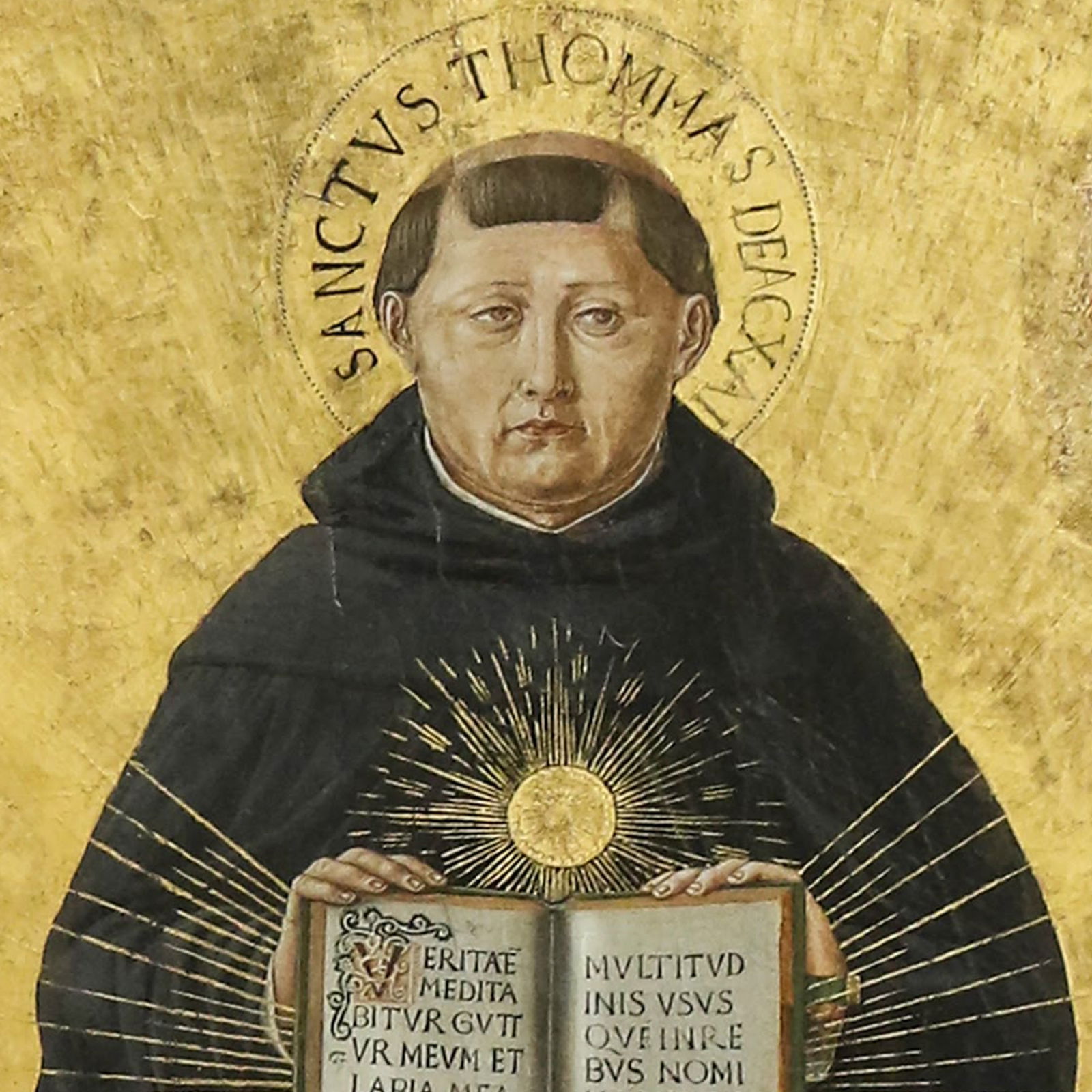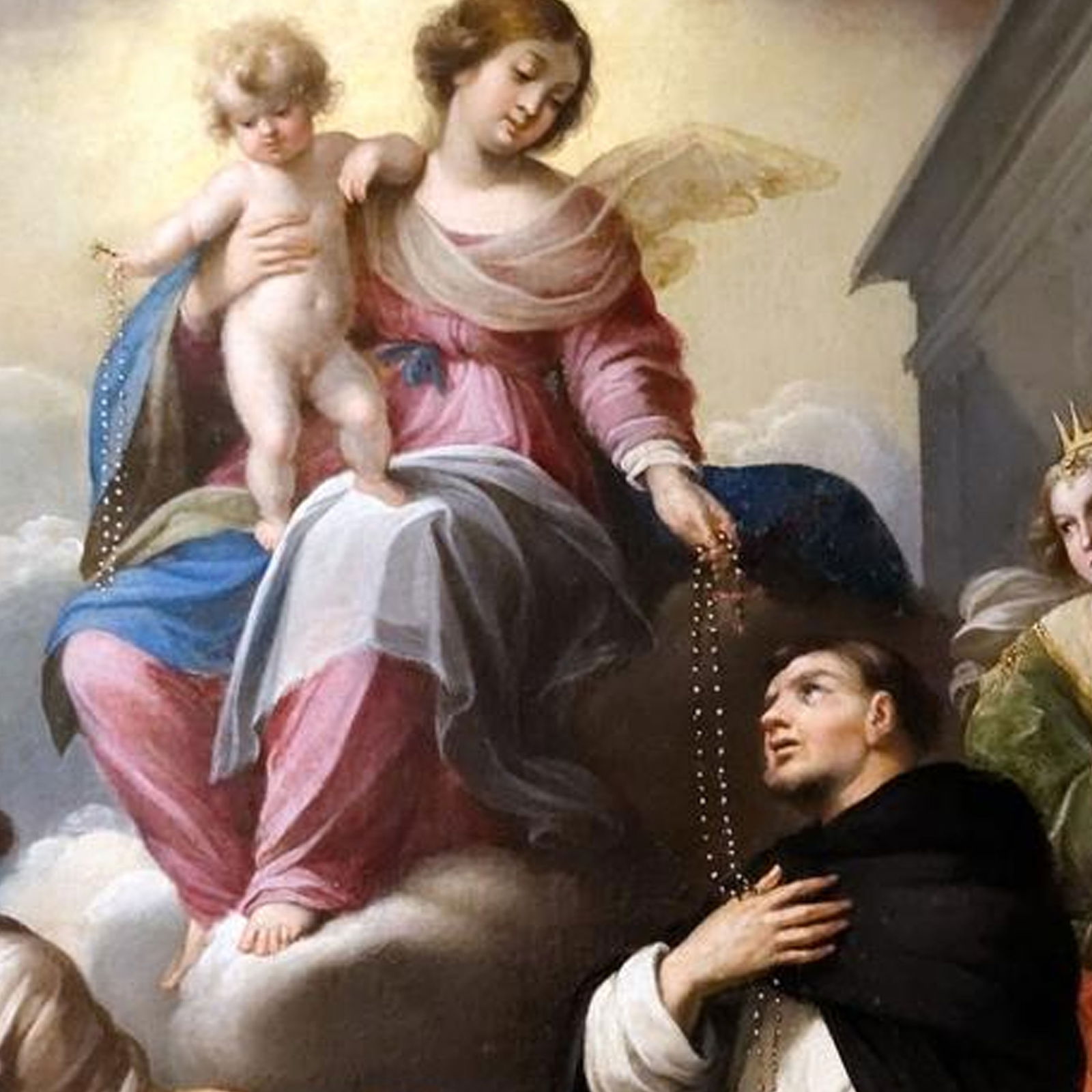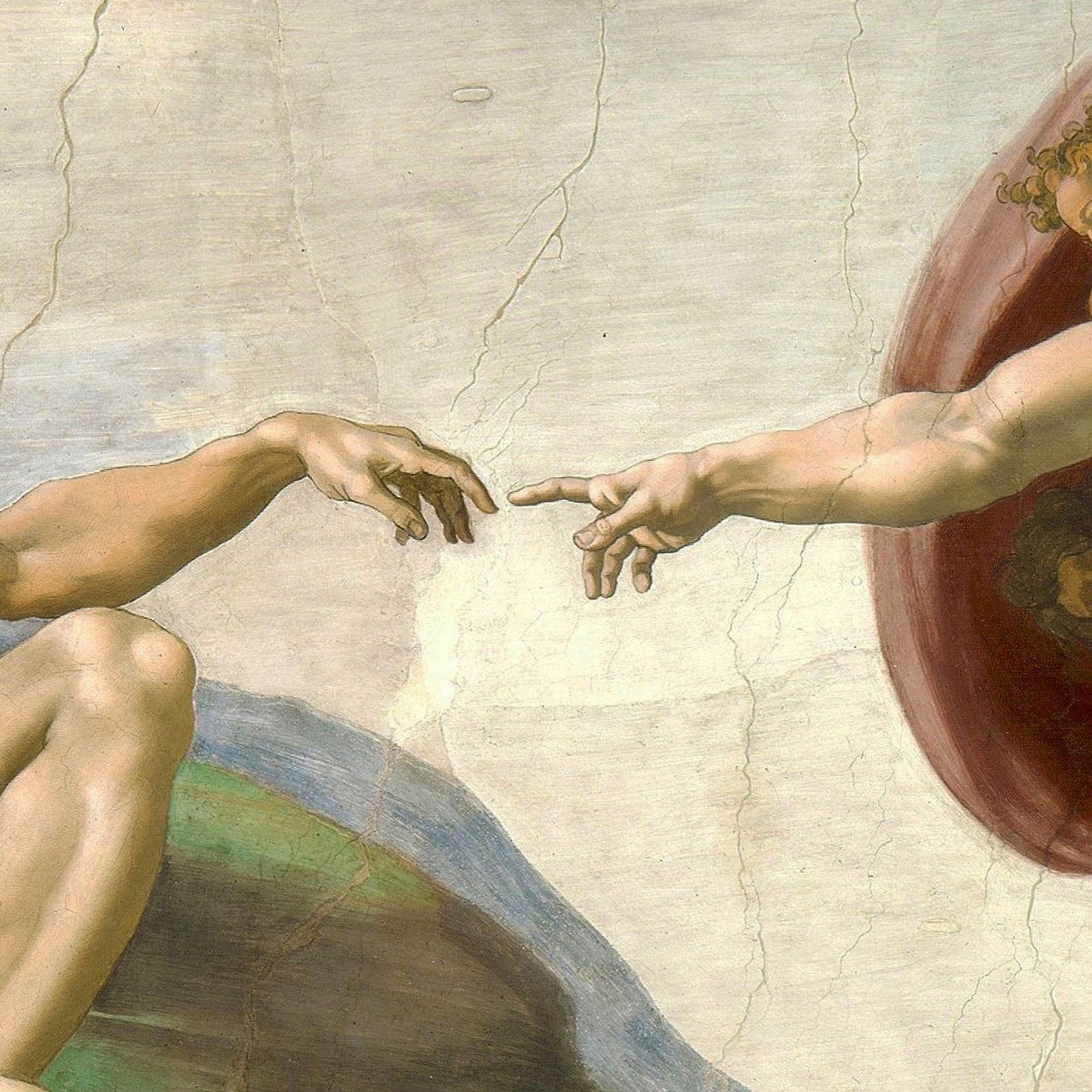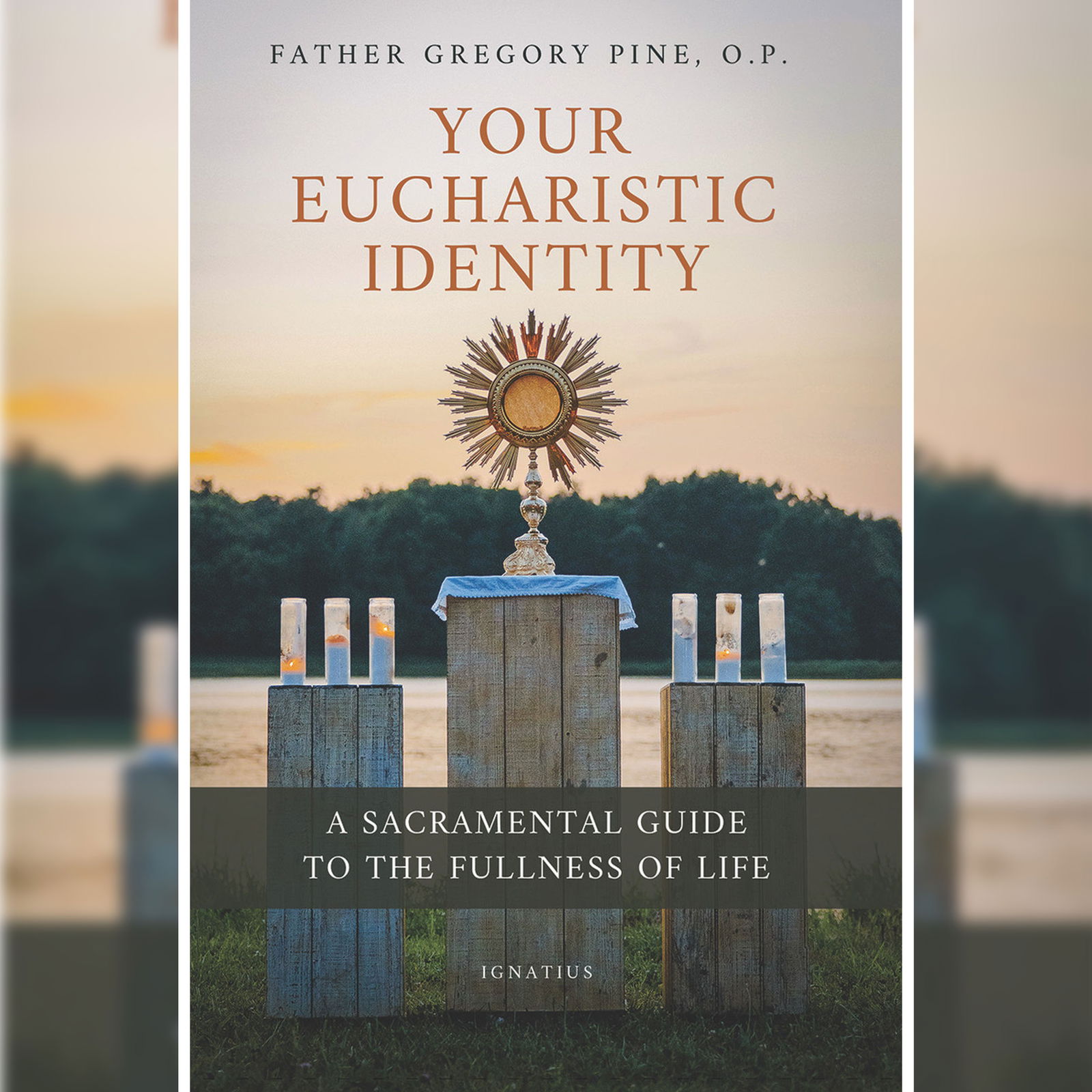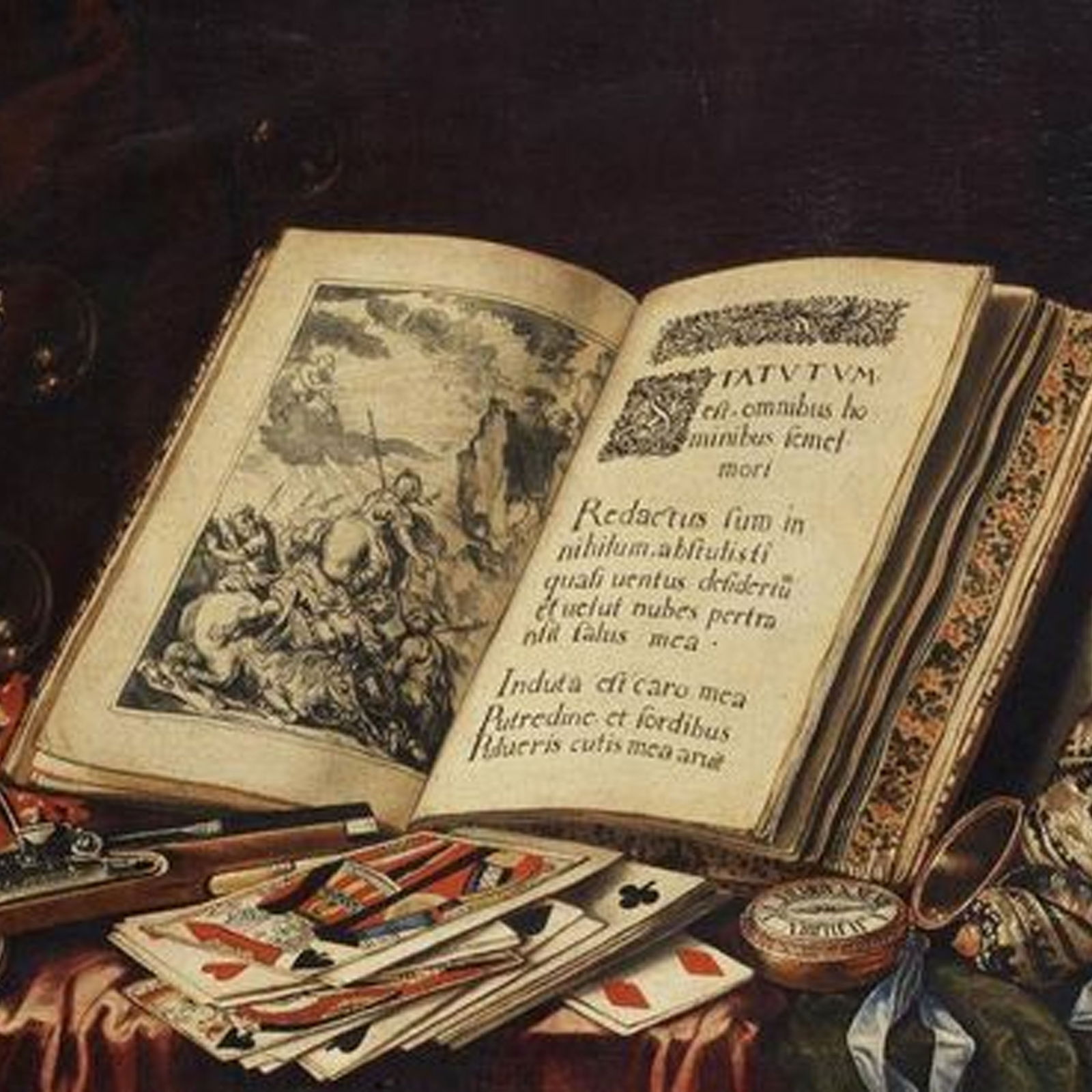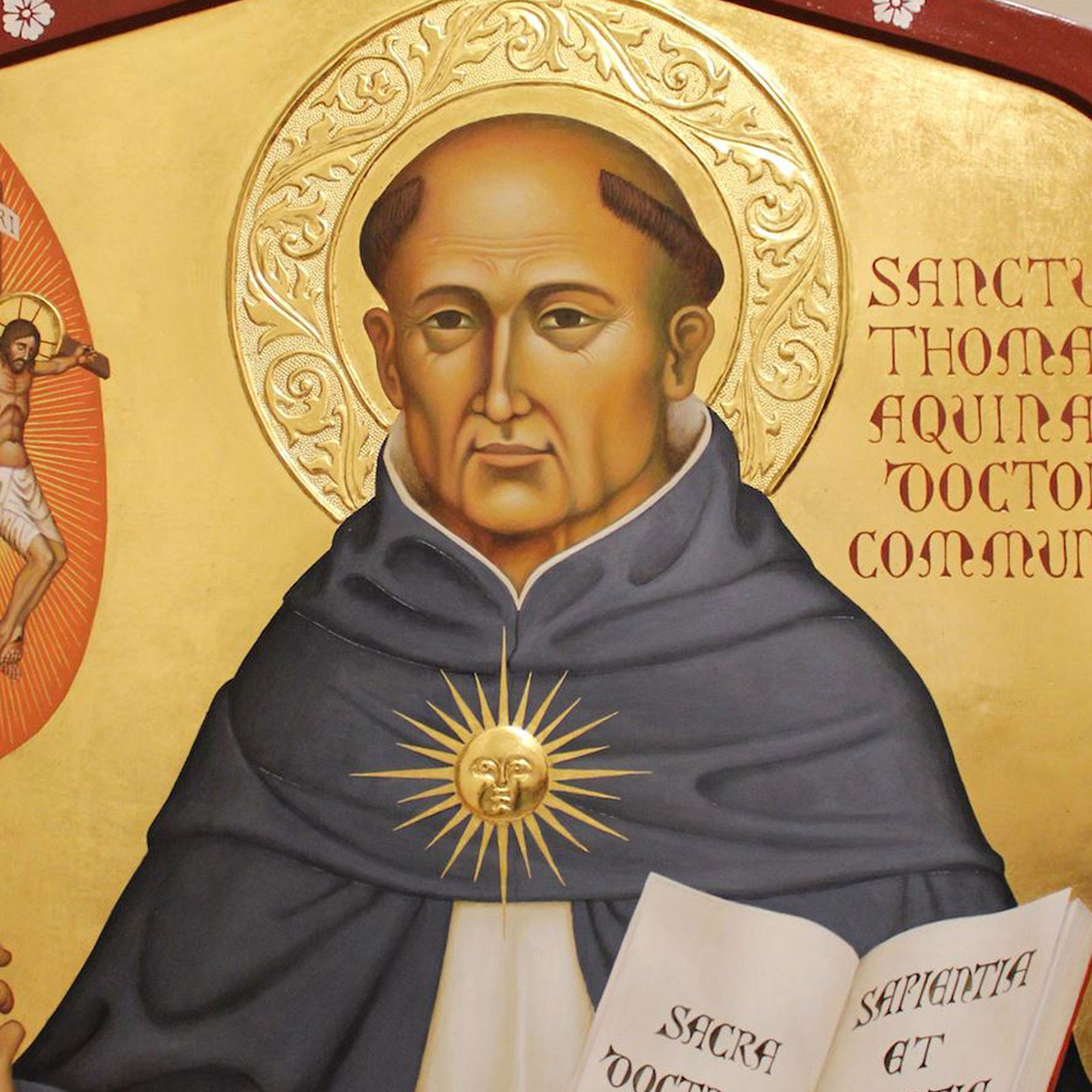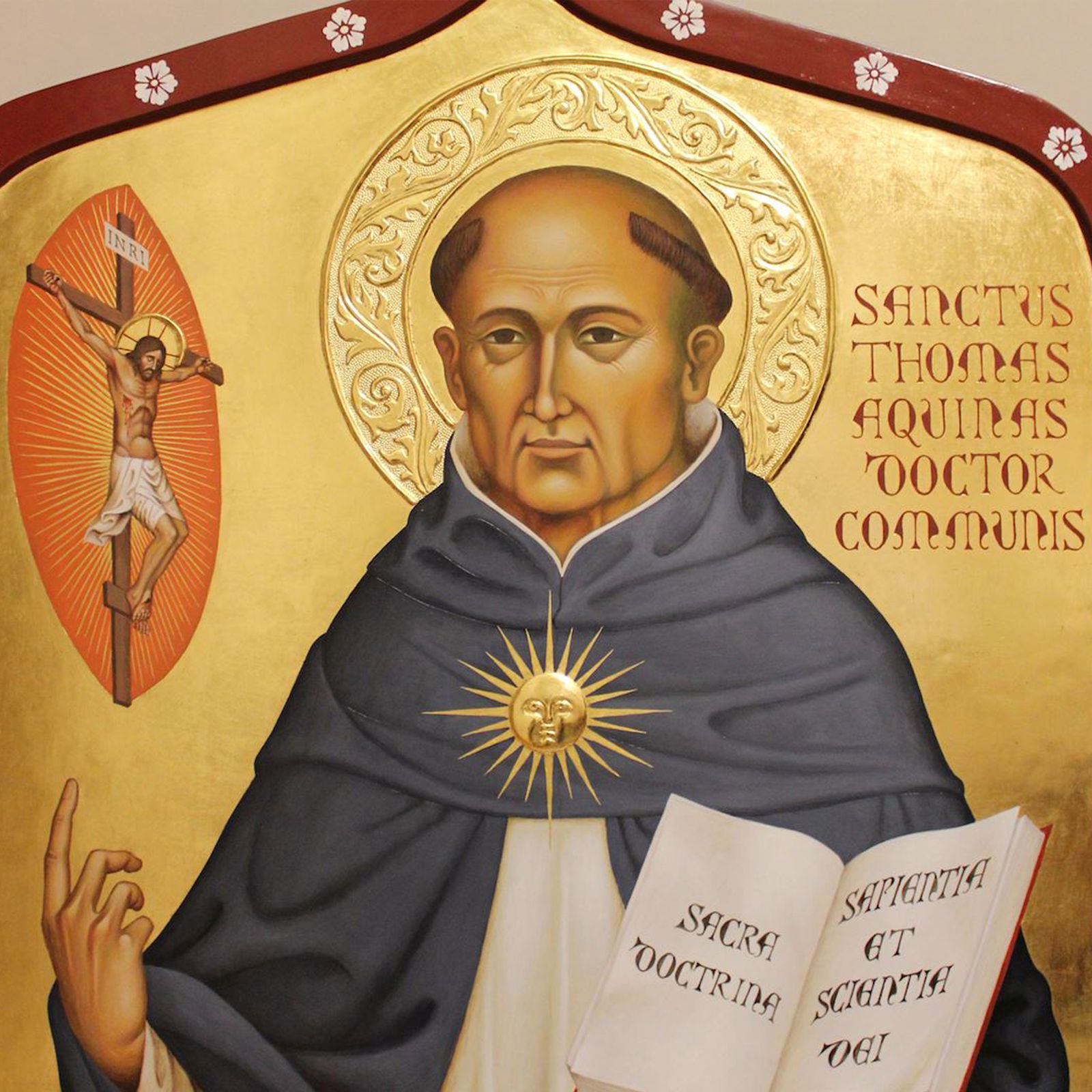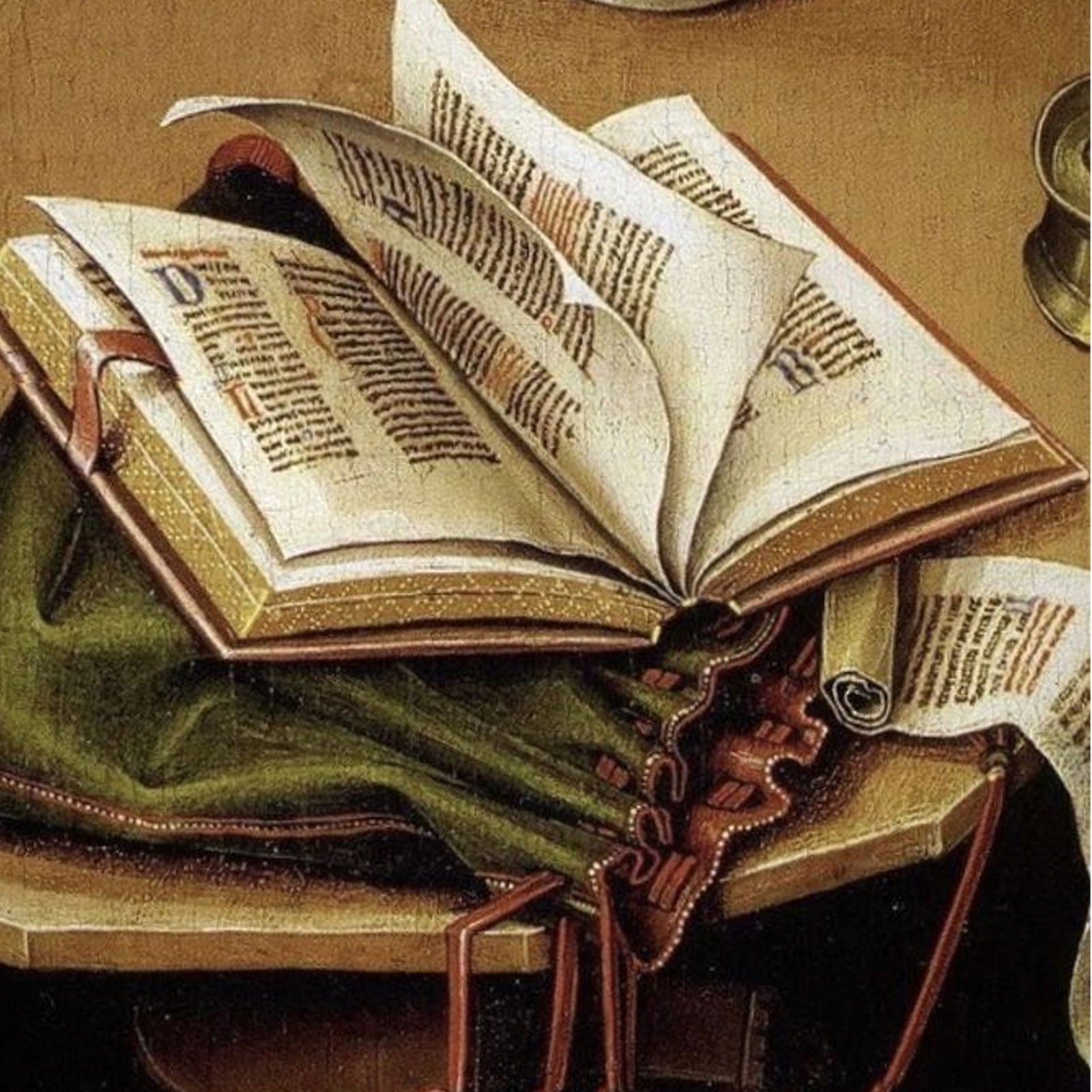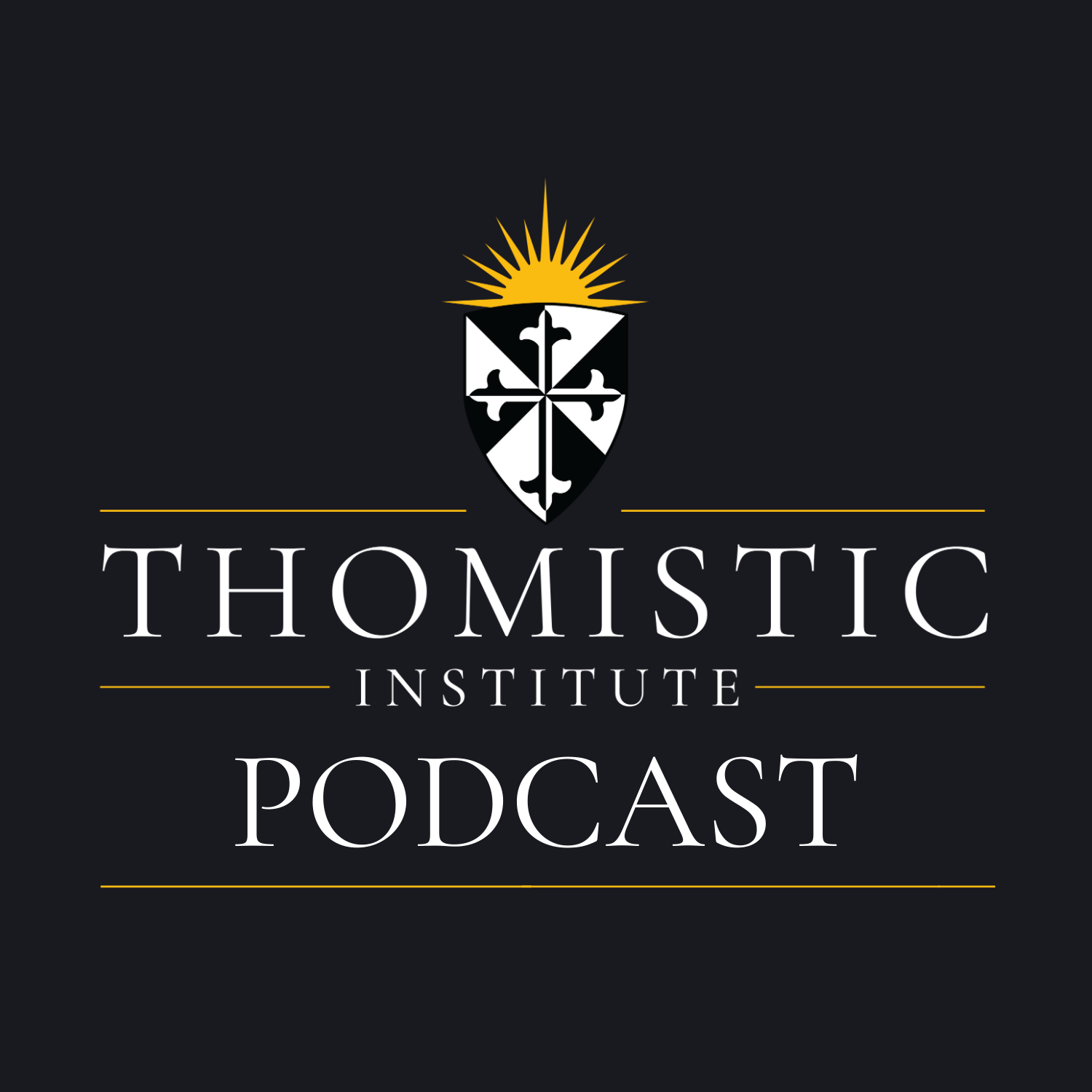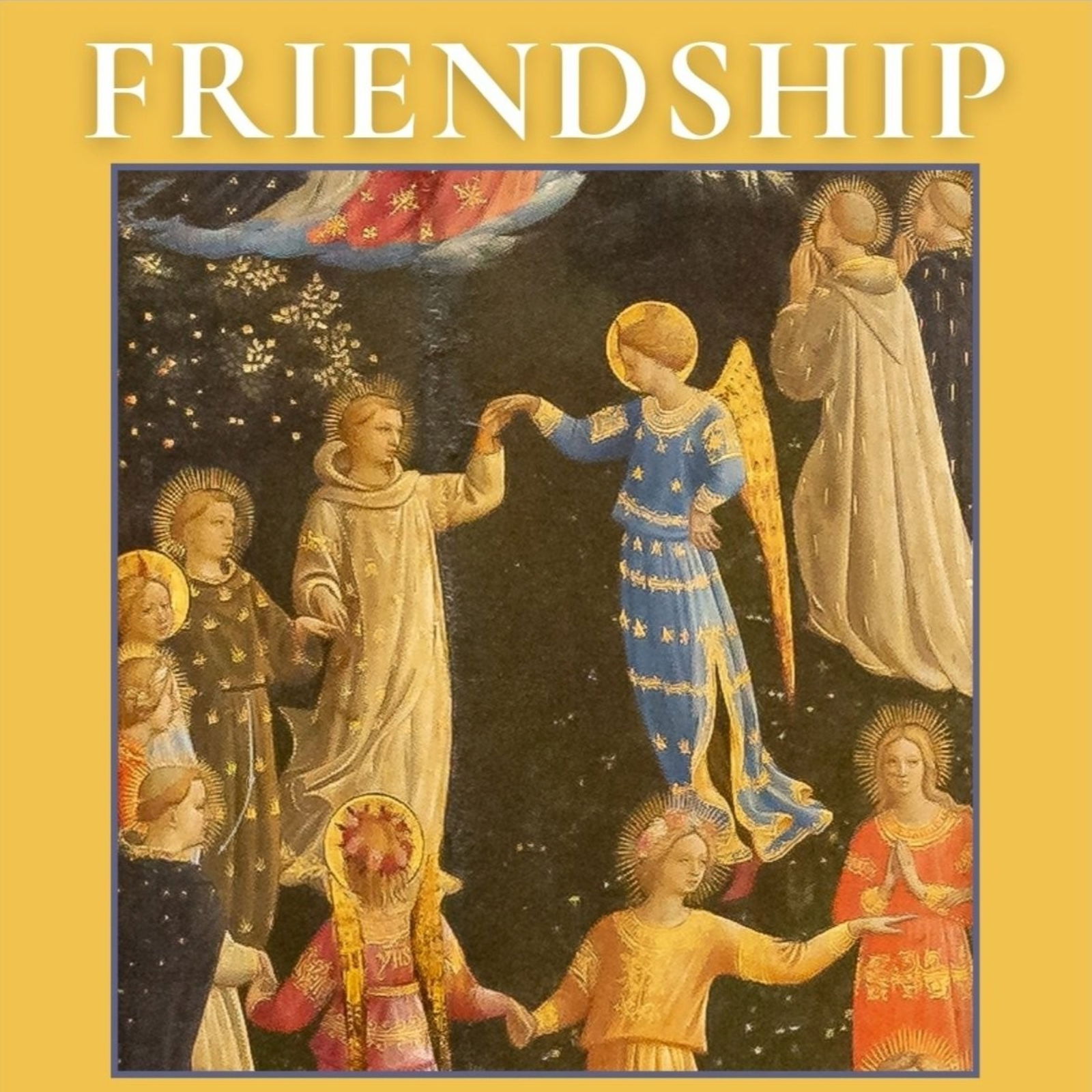Spirituality & Prayer Episodes
St. Thomas Aquinas on the Beatitudes – Fr. Anton ten Klooster
Fr. Anton ten Klooster explores St. Thomas Aquinas on the Beatitudes, showing how they map an ordered, grace‑filled path of virtues and gifts that lead from imperfect happiness in this life to perfect union with God in the next.
Living Mary's Mediation through De Montfort’s 'Total Consecration' – …
Fr. John Langlois presents Saint Louis de Montfort’s Marian spirituality of “total consecration” as the surest, easiest, and most secure way to live Mary’s maternal mediation and grow in intimate union with Jesus by entrusting one’s whole life to her.
Why We Need the Saints – Prof. Adam Eitel
Prof. Adam Eitel argues that God’s divine pedagogy makes the examples of the saints indispensable for our salvation, since their concrete, imperfect yet graced lives teach us how to endure sorrow, grow in virtue, and imitate Christ in the real circumstances of our own time.
Your Eucharistic Identity – Fr. Gregory Pine, O.P.
Fr. Gregory Pine explores the Eucharist as the foundation of Catholic identity, showing how sacramental worship unites the past, present, and future of salvation history and invites believers into personal transformation, unity, and divine love.
Psalms, Hymns, and Spiritual Canticles: Gregorian Chant and the Joy o…
Fr. Innocent Smith’s lecture illuminates how Gregorian Chant, rooted in Psalms, hymns, and spiritual canticles, enriches Catholic liturgy by shaping Christian spirituality and expressing the deep joy of the Gospel through sung prayer.
Thomistic Wisdom for the Pilgrimage to God – Prof. Paige Hochschild
Prof. Paige Hochschild explores Thomistic wisdom for the pilgrimage to God, focusing on the virtues required for spiritual journey, the meanings of patience, hope, and memory, and the role of Dante’s Divine Comedy in illuminating the challenges and fulfillment of the pilgrim’s quest.
The TI and Your Vocation I Fr. Gregory Pine, O.P.
Fr. Gregory Pine discusses how involvement with the Thomistic Institute can help college students integrate faith, virtue, and personal vocation by fostering self-possession, authentic freedom, and meaningful relationships wi...
Reading Sacred Scripture with St. Thomas Aquinas I Fr. Isaac Morales,…
Fr. Isaac Morales and Prof. Michael Root explore how Thomas Aquinas’ biblical commentaries on Matthew and 1 Corinthians illuminate the beatific vision, resurrection, and the role of Scripture in shaping Christian life through literal and spiritual interpretation.
St. Augustine on Love for Confused Lovers I Fr. Andrew Hofer, O.P.
Fr. Andrew Hofer, O.P., delves into St. Augustine's understanding of love for "confused lovers," drawing from the Confessions to explore the transformative power of God's grace and the ordering of human loves toward divine union.
Corpus Christi and the Mystery of the Eucharist I Fr. Innocent Smith,…
Fr. Innocent Smith explores the origins and theological significance of the Feast of Corpus Christi, emphasizing how liturgical tradition, scriptural foundations, and figures like Saint Juliana of Liège shape the Church’s und...
Aquinas the DJ: Tradition and Invention in the Corpus Christi Liturgy…
This lecture was given on February 11th, 2025, at Cornell University. For more information on upcoming events, visit us at thomisticinstitute.org/upcoming-events . About the Speaker: Fr. Innocent Smith, O.P. entered the Order...
Is the Adoration of the Blessed Sacrament in "Accordance with the Scr…
Prof. Gary Anderson examines how the Christian practice of adoring the Blessed Sacrament is deeply rooted in the scriptural tradition, particularly through the Old Testament themes of God's indwelling presence in the tabernac...
Wonderment, Contemplation, and Friendship with God | Fr. Cassian Derb…
Fr. Cassian Derbes explores how wonderment, contemplation, and friendship with God are essential to the Christian life, drawing on insights from Aristotle, Saint Thomas Aquinas, and literary works such as A River Runs Through...
The Metaphysics of Prayer | Fr. Stephen Brock
Fr. Stephen Brock examines the metaphysics of petitionary prayer through the perspectives of C.S. Lewis, Peter Geach, and especially Thomas Aquinas, highlighting how Aquinas’ account uniquely reconciles divine immutability, providence, and the real efficacy of prayer.
Aquinas the Wordsmith: The Hymns and Sequence of Corpus Christi | Pro…
Prof. Patrick Callahan analyzes the poetic genius of Saint Thomas Aquinas in the hymns and sequence of Corpus Christi, highlighting Aquinas’ understanding of beauty, proportion, clarity, and sublimity as essential to both art and spiritual contemplation.
Only the Lover Sings: Poetry, Mimesis, and the Christian Life | Prof.…
Prof. Patrick Callahan reveals how poetry, as the most Christ-like form of speech and a reflection of human mimesis, plays a vital role in the Christian life by fostering conformity to Christ and deepening the contemplative experience.
The Beautiful and the Sublime: How to Make Art that Leads to God | Pr…
Prof. Patrick Callahan explores how art, through beauty and the sublime, can lead the soul toward God, drawing on insights from Joseph Pieper, Aristotle, and Christian philosophy to reveal the contemplative power of poetry, music, and the fine arts...
Do We Need Marian Apparitions? | Fr. Gregory Pine, O.P.
Fr. Gregory Pine explores the theological necessity of Marian apparitions through the lens of Catholic doctrine, explaining how they relate to the central mystery of the Incarnation and the proper hierarchy of truths in Christian faith.
The Beauty of the Catholic Sacramental View | Sr. Albert Marie Surman…
Sr. Albert Marie Surmanski, O.P., explores how creation sacramentally reflects God’s glory, particularly investigating how metaphysics, scripture, poetry, and ultimately every aspect of existence—from cosmic order to human relationships—reveals div...
What Can Demons Do? | Fr. Gregory Pine, O.P.
Fr. Gregory Pine explores the extent of demonic influence on human life, distinguishing between physical, emotional, psychological, and spiritual dimensions to clarify the limits of their power, particularly concerning the direct access to one's sp...
Sharing in Divine Goodness by Grace | Fr. John Mark Solitario, O.P.
Fr. John Mark Solitario explores the transformative power of grace offered by Christ, emphasizing the perfection of charity and voluntary poverty as a means to participate in divine goodness and a sure path to eternal life.
Sacred Study: Loving God with Your Mind | Fr. Irenaeus Dunlevy, O.P.
Fr. Irenaeus Dunlevy explores the meaning of loving God with all our minds, drawing from St. Thomas Aquinas's interpretation of the greatest commandment.
Study and the Spiritual Life: Crucifixion of the Desk? | Sr. Anna Wra…
This lecture was given on November 15th, 2023, at Dominican House of Studies. The speaker requests that anyone interested in a summary of this talk listen to the whole thing. For more information on upcoming events, visit us ...
The Nature and Significance of Contemplation According to Thomas Aqui…
Professor Rik Van Nieuwenhove explores Thomas Aquinas's concept of contemplation, emphasizing its intellective nature, self-transcendent character, and relationship to charity, while discussing its significance in modern life.
